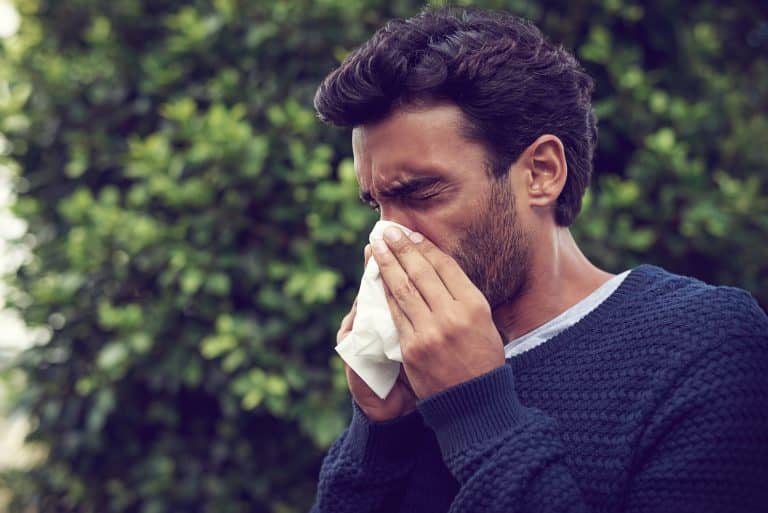The usual symptoms of allergies include itchy eyes, congestion, runny nose, sneezing, scratchy throat and rash or hives. But can allergies lead to nosebleeds? The research suggests that there is a link between these two conditions. We explore the connection in greater depth below.
Allergy Factors that Contribute to Nosebleeds
Some factors related to allergies that can contribute to nosebleeds include:
Dry Nose
One of the most common causes of nosebleeds is a dry nose, which can be caused by allergies in some cases. If you’re blowing your nose often due to congestion, this can dry out the nasal passages and contribute to nosebleeds. Certain allergy medications can also contribute to nosebleeds.
Medications
Allergy medications such as antihistamines, decongestants and corticosteroids found at Medicine Mart Pharmacy Lexington on Columbia Avenue can also cause nosebleeds. This is because antihistamines and decongestants dry out nasal secretions to manage symptoms, but they can also shrink the blood vessels in the nose and make them more delicate, causing nosebleeds.
In addition, one study reports, “While a differential effect on epistaxis [nosebleeds] among INCS [intranasal corticosteroids] agents is not clearly demonstrated, this meta-analysis does confirm an increased risk of epistaxis for patients using INCSs as compared with placebo for treatment of allergic rhinitis.”
Treating Allergy-Related Nosebleeds

How to stop a nosebleed depends on whether the person experiencing it is an adult or a child.
For adults:
- Sit down.
- Tilt your head slightly forward.
- Pinch your nose just below the bony part.
- Apply this pressure for 10–15 minutes.
- Check if the bleeding has stopped.
- If not, apply pressure for 10 more minutes.
- Avoid blowing your nose or using allergy medication for a few days afterward.
For children:
- First, check for foreign objects in the nostrils.
- Then follow the same steps listed above.
- Never pack the nose with tissue or anything else.
If the bleeding continues for 30 minutes, call your healthcare provider or go to urgent care.
Preventing Allergy-Related Nosebleeds
To prevent an allergy-related nosebleed:
- Run a humidifier to prevent your nose from drying out.
- Limit how much you blow or pick your nose, as this can irritate it.
- Use nasal sprays correctly, aiming them toward the ear on the same side of the head as the nostril you’re spraying into.
For more information or to schedule an appointment with an allergy and nose expert, call Palmetto ENT & Allergy today.
